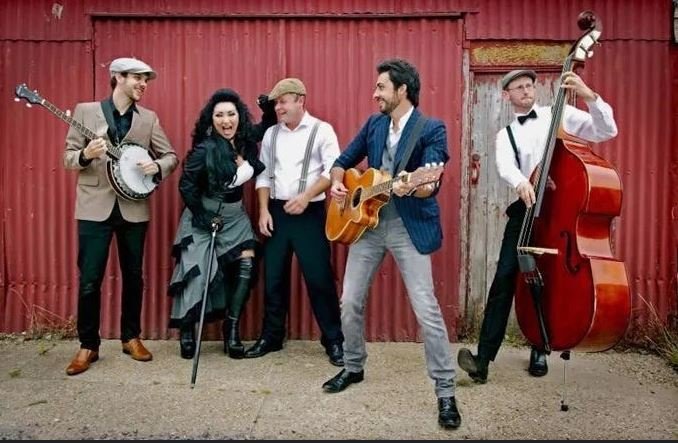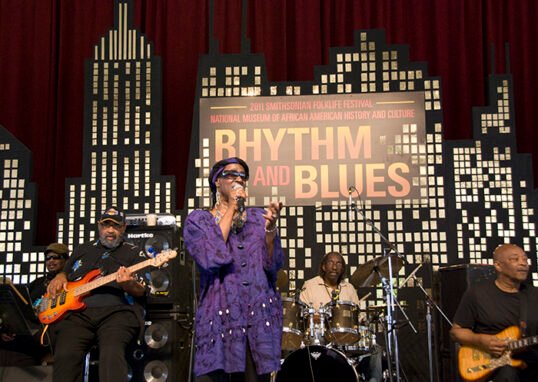
Rock music has always been more than just powerful riffs and energetic beats; it’s also about the stories told through its lyrics. From social commentary to personal confessions, rock lyrics often convey profound messages and tell compelling stories that resonate with listeners. In this post, we explore the use of lyrics and storytelling in rock, highlighting how they shape the genre’s identity and impact.

Origins of Storytelling in Rock
Firstly, the roots of storytelling in rock can be traced back to folk and blues music, where lyrics often narrated tales of hardship, love, and rebellion. Early rock artists, inspired by these genres, began incorporating narrative elements into their songs. Bob Dylan, a pivotal figure in this evolution, merged folk storytelling with rock, penning lyrics that were both poetic and socially conscious. His songs like “The Times They Are A-Changin'” and “Like a Rolling Stone” set the stage for narrative-driven rock music.
Themes of Social Commentary
Moreover, rock music has long been a vehicle for social commentary. Many rock songs address political issues, societal changes, and cultural shifts, using lyrics to challenge the status quo. Bands like The Beatles, The Rolling Stones, and U2 have written songs that critique war, inequality, and injustice. For instance, The Beatles’ “Revolution” and U2’s “Sunday Bloody Sunday” are iconic examples of rock songs that use storytelling to make powerful statements about the world.
Personal and Emotional Storytelling
Additionally, rock lyrics often delve into personal and emotional realms, offering listeners a glimpse into the artist’s inner world. Themes of love, heartbreak, and existential angst are common in rock music. Artists like Bruce Springsteen and Joni Mitchell are known for their deeply personal storytelling. Springsteen’s “Thunder Road” and Mitchell’s “A Case of You” exemplify how rock lyrics can convey intimate stories that resonate on a universal level, blending personal experience with broader human emotions.
Concept Albums and Rock Operas
Furthermore, the concept album and rock opera formats have elevated storytelling in rock to new heights. Concept albums like Pink Floyd’s “The Wall” and The Who’s “Tommy” tell cohesive, overarching stories through a series of interconnected songs. These albums often explore complex themes and characters, creating a narrative journey for the listener. The rock opera, a sub-genre that combines rock music with theatrical storytelling, further exemplifies this approach, blending music, lyrics, and narrative in a dramatic and immersive way.
Symbolism and Metaphor
Moreover, rock lyrics often employ symbolism and metaphor to convey deeper meanings. Using figurative language allows artists to address complex themes indirectly, inviting listeners to interpret and find personal significance in the songs. For example, Led Zeppelin’s “Stairway to Heaven” and Nirvana’s “Smells Like Teen Spirit” are rich with metaphorical language, creating layers of meaning that engage the audience’s imagination and interpretation.
Narrative Techniques in Modern Rock
Additionally, modern rock continues to embrace and innovate with storytelling techniques. Contemporary bands like Arcade Fire, The Decemberists, and My Chemical Romance use elaborate narratives in their lyrics, creating vivid worlds and characters. Arcade Fire’s “The Suburbs” explores themes of nostalgia and urbanization, while The Decemberists’ “The Crane Wife” adapts a Japanese folk tale into a rock ballad. These modern examples demonstrate how storytelling in rock music remains a vital and evolving art form.
The Impact on Fan Engagement
Furthermore, the use of lyrics and storytelling in rock significantly impacts fan engagement. Fans often connect deeply with the stories told in their favorite songs, finding personal meaning and reflection in the lyrics. This connection can foster a sense of community and shared experience among listeners. Concerts and performances also become more engaging when audiences can sing along to lyrics that resonate with their own stories and emotions.
Conclusion
In conclusion, the use of lyrics and storytelling in rock music is a cornerstone of the genre’s identity. From its roots in folk and blues to modern narrative techniques, rock music continues to captivate audiences with its powerful stories and poetic expressions. Whether addressing social issues, personal experiences, or fictional tales, rock lyrics add depth and dimension to the music, ensuring its enduring impact and relevance.






